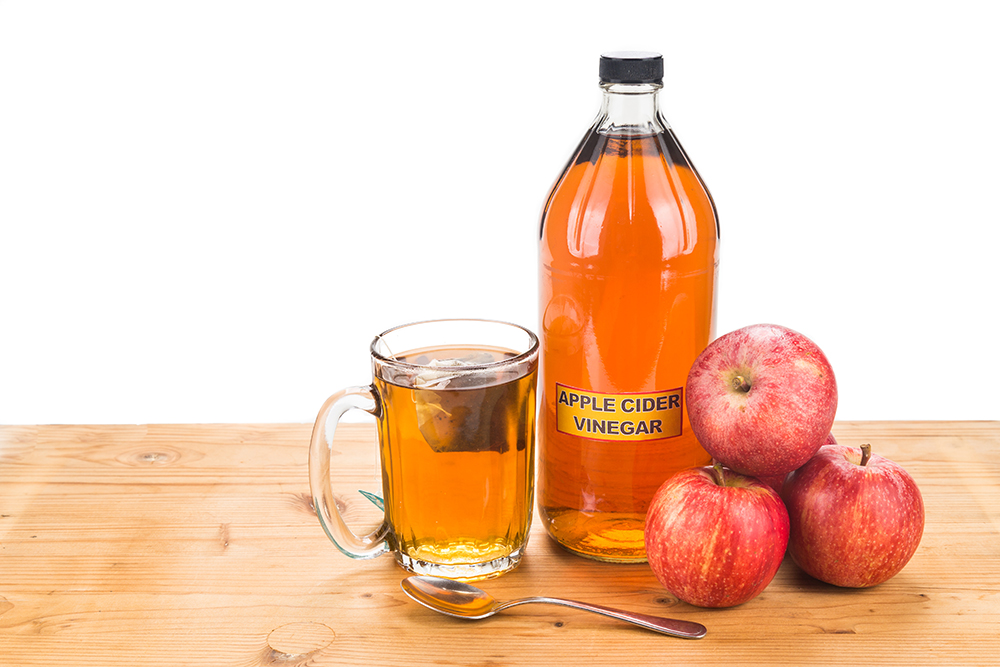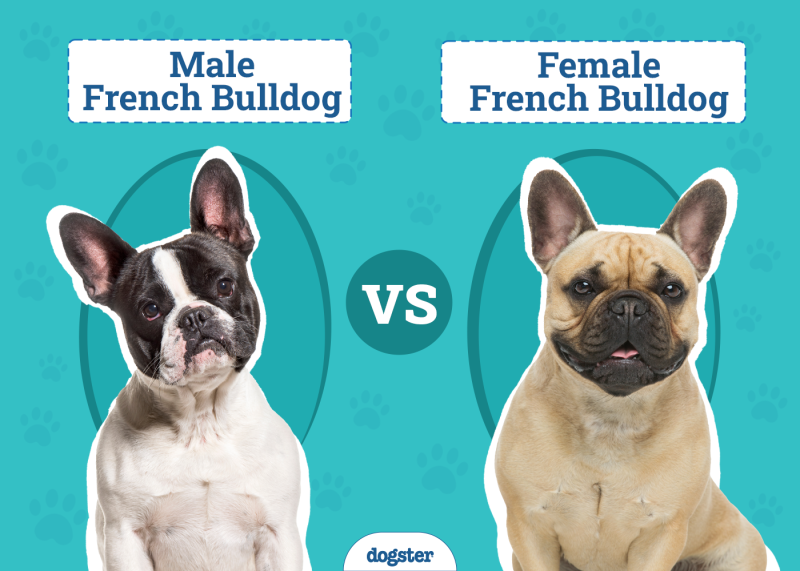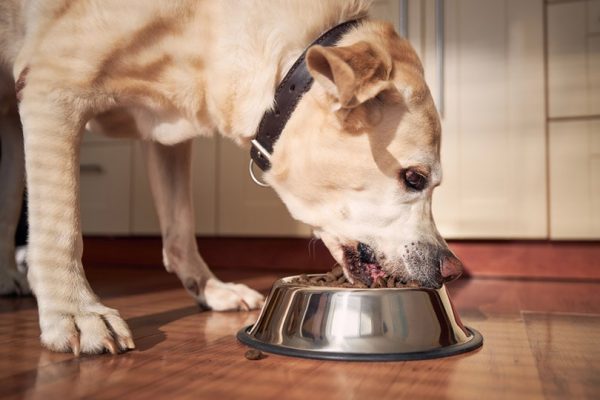In this article
View 2 More +The history of vinegar and its many uses goes back thousands of years, with some evidence suggesting Babylonians used it as early as 5000 BC. The discovery may have been accidental from wine that had gone bad. After all, the word “vinegar” comes from the Old French words “vyn” and “egre,” meaning “sour wine.” In the presence of oxygen, ethanol becomes acetic acid and water, with bacteria helping.
People have made vinegar from various sources and flavorings. However, no matter how tasty we find it, we don’t recommend giving it to your dog for several reasons. A small lick or two of apple cider vinegar, for example, might not make your dog ill, but too much at once could certainly cause some health issues. Even though people have used it medicinally for centuries, that doesn’t mean it necessarily translates to any health benefits for your pup. The science isn’t there for canines. While compelling evidence exists for people, future research on pets is still needed.

The Science of Consuming Vinegar
Let’s consider the status of vinegar based on the science. Stories or anecdotes are the weakest form of evidence, so we have to look at the facts. Vinegar is sour due to its high acidity. It has a pH of around 2.4. By comparison, Coca-Cola Classic has a pH of about 2.37.
Much research exists on the purported benefits of apple cider vinegar in people. One study supported the claims of its antimicrobial activity. Another study found evidence of potential benefits for blood lipid and fasting glucose levels. And yet another study suggested its use for type-2 diabetic patients. However, all these data involve humans alone, and every paper also recommended further study to validate the claims.


Why Can’t Dogs Have Vinegar?
The acidity of vinegar is one of the main reasons we can’t recommend giving it to your dog. The products you get from the store are diluted to acetic acid concentrations between 4% to 18%.1 It still has an acidic pH even in this form. Giving your pet vinegar can cause gastrointestinal upset as well as irritating their mouth and throat.
Vinegar doesn’t have much to offer your dog from a nutritional perspective. It only contains scant amounts of minerals. We can’t say if it would improve the palatability of your pet’s food, either. Remember that canines have a keen sense of smell. Some dogs may balk at the strange odor they detect if you put it in their water. You undoubtedly won’t want to discourage its consumption.

Balsamic, Red Wine, White Wine, and Champagne Vinegars
The base for some vinegar products includes grapes. Grapes and raisins are toxic to dogs, although the exact metabolic pathway is uncertain. The scientific literature also includes varying accounts on the degree of sensitivity, with some pets more tolerant than others. While there are no reports of poisoning from vinegar, we think it’s best to keep this off your dog’s menu to be on the safe side.
Ethanol
Ethanol is the base for vinegar, which is also toxic to pets. Granted, the percentage of alcohol probably isn’t a lot. It may be less than 2%. It also varies with the source. However, manufacturers aren’t required to list the concentration, so it may have some residual alcohol in the vinegar, raising more red flags since dogs are very sensitive to alcohol.

Negative Signs Associated With Vinegar Consumption

We’d be remiss if we didn’t cover all the bases. Giving pets human food is always a concern. While dogs have adapted to digest glucose and starch, we can’t say the same about acidic substances.
- Mouth and throat irritation
- Drooling
- Nausea
- Abdominal pain
- GI distress
If you’re concerned about your pet’s well-being, we recommend you contact a veterinarian.
If you need to speak with a vet but can't get to one, head over to PangoVet. It's our online service where you can talk to a vet online and get the advice you need for your dog — all at an affordable price!


Conclusion
Despite anecdotes about the purported health benefits of vinegar, we can’t recommend giving it to your dog. Your pet may turn up their nose because of the acrid smell and the acidity can give them an upset stomach. The science isn’t settled about its use for people, let alone pets. Use as a topical or cleaning product won’t do any harm, even if they lick a little bit off, but you shouldn’t add any to their food or water.
Featured Image Credit: focal point, Shutterstock




















